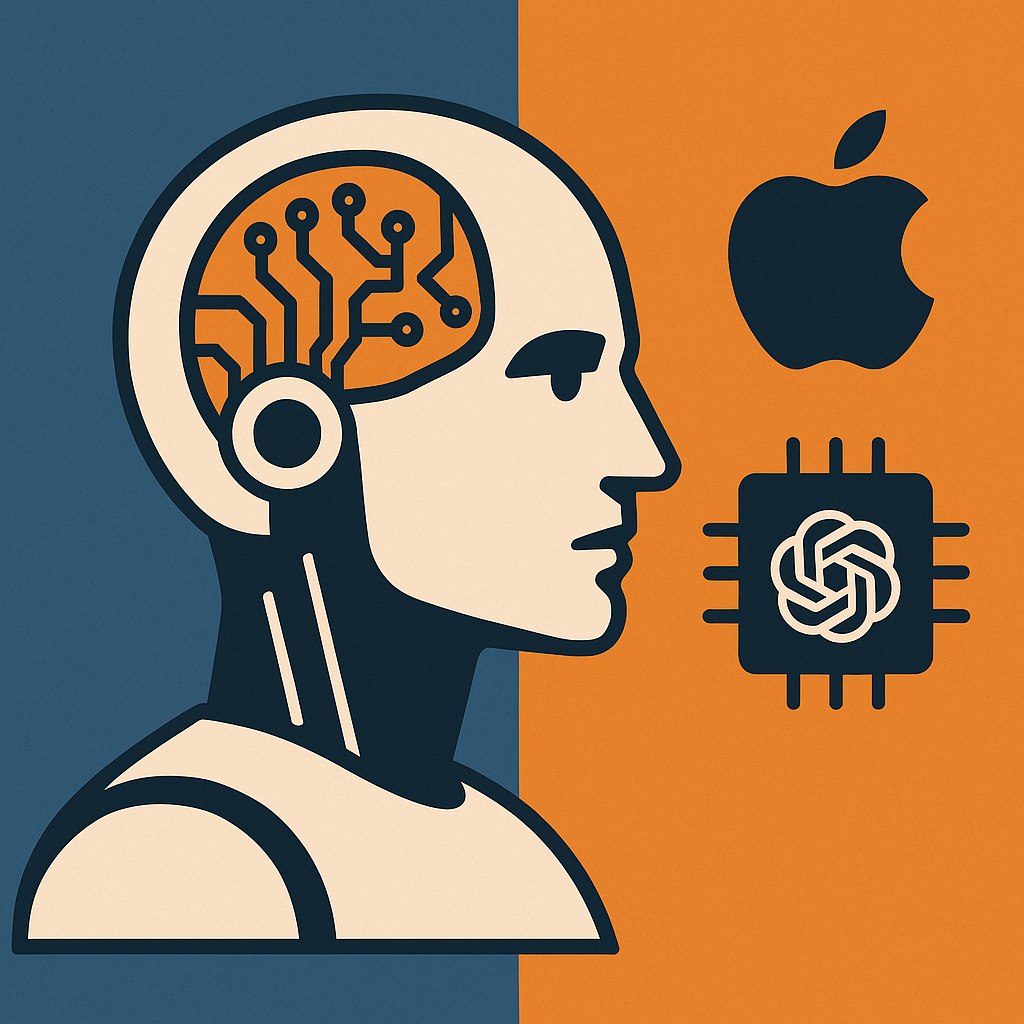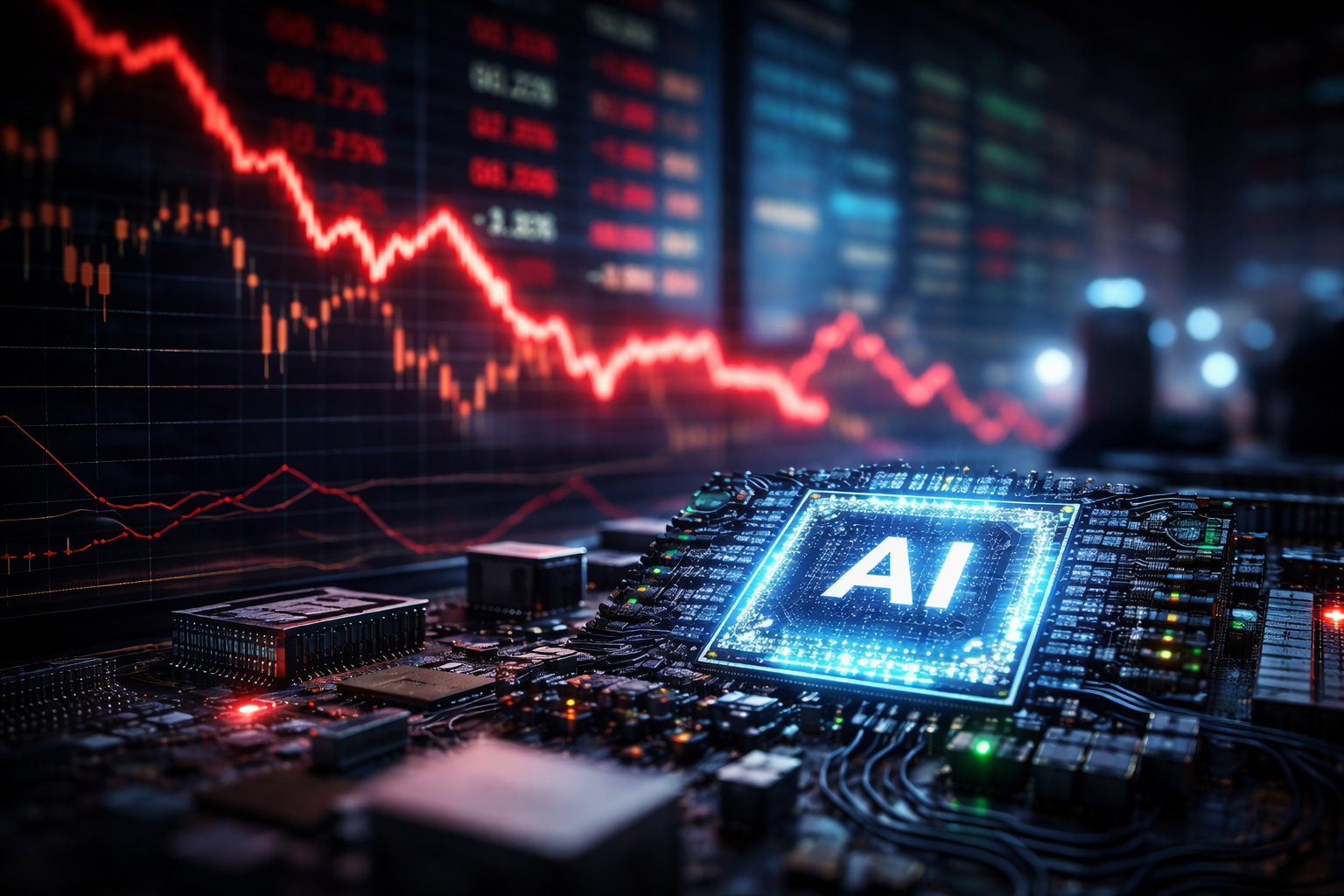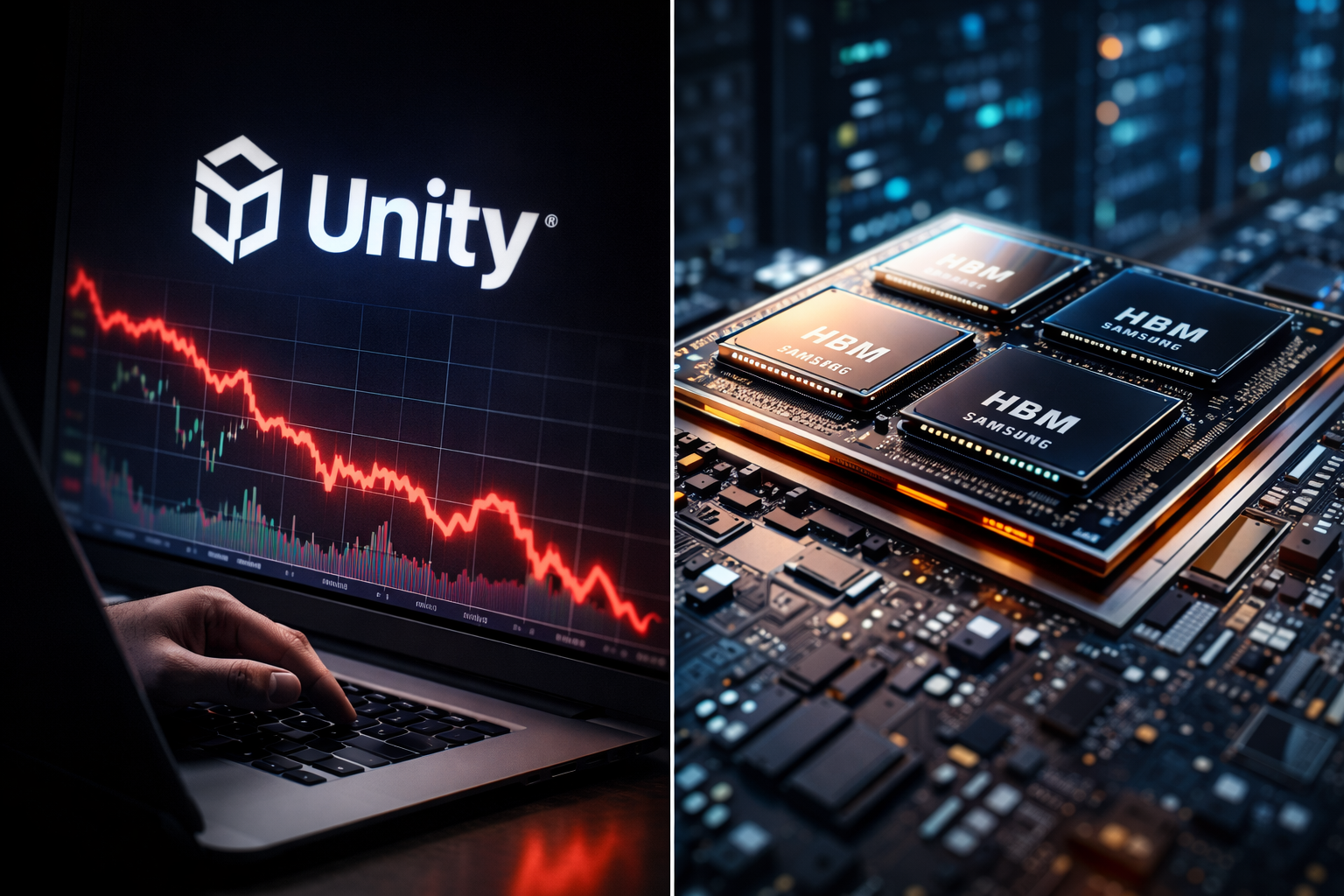A New Era of Intelligent Design Disruption
In a move sending ripples across the tech investment landscape, OpenAI has acquired the AI hardware startup founded by legendary former Apple designer Jony Ive, signaling an ambitious push into premium consumer hardware integrated with cutting-edge artificial intelligence. The announcement, first reported by Benzinga, has captured the attention of Silicon Valley and Wall Street alike.
As the lines between AI software and hardware continue to blur, this development marks a significant moment for investors betting on the future of intelligent devices. With Ive’s visionary design philosophy now embedded in OpenAI’s roadmap, the acquisition could set the stage for a new class of AI-native products—and mount a direct challenge to Apple’s hardware dominance.
What This Means for Apple and the Broader Market
Apple’s moat in product design and user experience is deep—but not unbreachable. Jony Ive’s contributions to Apple’s iMac, iPhone, iPad, and Apple Watch helped define modern computing aesthetics and usability. His alignment with OpenAI suggests an upcoming fusion of beautiful design and intelligent functionality—precisely the kind of innovation Apple has historically led.
According to Bloomberg, the unnamed startup—rumored to have been quietly incubating AI-first consumer hardware—could offer competition in areas where Apple has lagged in AI integration, such as personalized assistants, ambient computing, and adaptive interfaces.
“We’re not just building smarter products—we’re rethinking the human-device relationship from the ground up,” said an insider familiar with OpenAI’s plans.
For investors, this raises a crucial question: Is Apple losing its edge in defining the future of consumer tech?
Strategic Market Analysis: Who Stands to Gain?
OpenAI’s move into physical products parallels a broader industry trend—the convergence of AI software and hardware. Companies like Google (with Tensor hardware), Amazon (with Alexa devices), and Meta (with Ray-Ban smart glasses) have all begun integrating AI deeply into their ecosystems.
Yet OpenAI, a pure AI research and software organization until recently, entering this space with design talent of Ive’s caliber presents a serious wildcard—especially given Microsoft’s significant investment and integration in OpenAI’s backend infrastructure.
Market Implications:
- Apple (AAPL): Investors may want to reassess Apple’s pace of innovation in AI-native hardware.
- Microsoft (MSFT): As OpenAI’s strategic partner, Microsoft could benefit from deeper AI product diversification.
- AI & Semiconductor ETFs: Hardware-centric AI plays may see renewed interest, particularly those focused on edge computing and neural processors.
- Design & UX-Focused Startups: This could rejuvenate investor appetite for startups that combine industrial design and AI in health, wearables, and ambient computing.
Key Trends to Monitor in the AI-Hardware Race
- AI-native devices: Expect growing investor and consumer demand for devices that adapt, learn, and predict user needs.
- Talent migration from Big Tech: Key figures leaving firms like Apple for startups or rivals can indicate disruption on the horizon.
- Hardware VC activity: Venture capital may increasingly pivot toward AI + hardware hybrid ventures rather than pure software models.
- OpenAI’s product roadmap: Keep an eye on any hardware patents, hiring trends, or product leaks in the coming quarters.
Investment Opportunity: Betting on the Next Consumer Tech Revolution
Investors should monitor companies at the intersection of AI and consumer hardware—including chipmakers, design-focused startups, and firms developing personal AI assistants or smart environments.
While Apple remains dominant, OpenAI’s acquisition signals a wave of disruption powered by innovation at the edge of design and machine learning. Early positioning in companies that serve this convergence—like those building AI sensors, context-aware operating systems, or human-centric interfaces—could yield outsized returns in the next innovation cycle.
Stay Informed with the Edge in Emerging Tech Markets
The convergence of AI and hardware is accelerating. Subscribe to MoneyNews.Today to stay ahead of the curve with daily investor intelligence, strategic insights, and early access to trends shaping the future of global markets.





